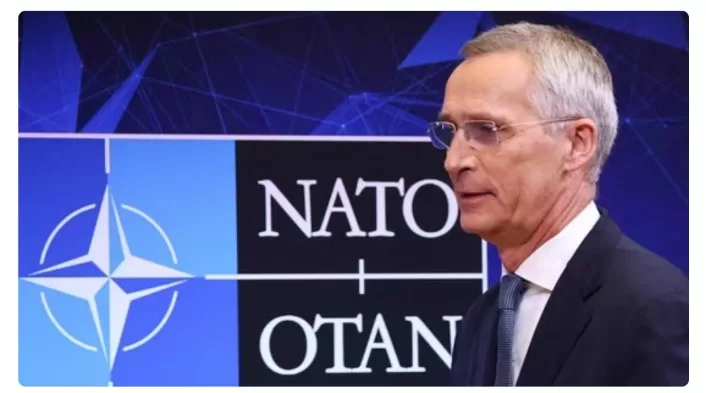In a significant development, NATO, the North Atlantic Treaty Organization, has made a formal declaration of the suspension of a pivotal security accord hailing from the Cold War era. This proclamation comes in the wake of Russia’s recent withdrawal from this treaty.
The treaty in question is none other than the Treaty of Conventional Armed Forces in Europe, a key agreement ratified in November 1992 after its initial signing in 1990. Its primary objective was to curtail the assembly of military forces near or along mutual borders between nations, particularly during the Cold War period.
In response to Russia’s abandonment of this pact, NATO’s announcement signifies the suspension of the participation of those alliance members who were signatories to the treaty. The rationale for this action is the belief that maintaining a situation where the Allied State Parties adhere to the treaty while Russia does not, is unsustainable.
This significant move underscores NATO’s unwavering commitment to mitigating military risks, averting misperceptions, and avoiding conflicts on the international stage.
The decision to take this step was made with the full endorsement of all NATO Allies, affirming their shared dedication to upholding international law and ensuring the long-term security and stability of the region.
Russia’s finalization of its withdrawal from the Treaty of Conventional Armed Forces in Europe had triggered a rapid response from NATO, as both parties strive to navigate the evolving dynamics of international security.






